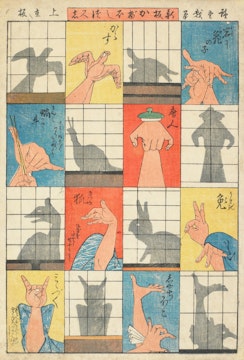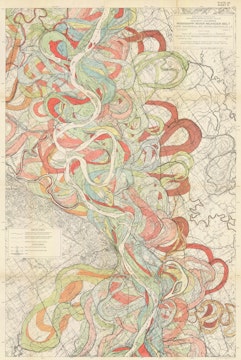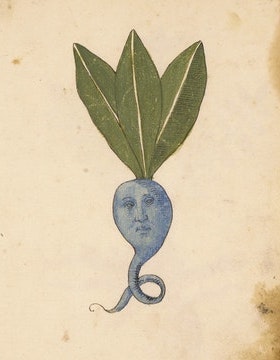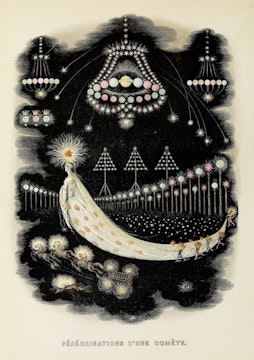
That to Study Philosophy is to Learn to Die (1580)
...let us learn bravely to stand our ground, and fight him. And to begin to deprive him of the greatest advantage he has over us, let us take a way quite contrary to the common course. Let us disarm him of his novelty and strangeness, let us converse and be familiar with him, and have nothing so frequent in our thoughts as death. Upon all occasions represent him to our imagination in his every shape; at the stumbling of a horse, at the falling of a tile, at the least prick with a pin, let us presently consider, and say to ourselves, ‘Well, and what if it had been death itself?’ and, thereupon, let us encourage and fortify ourselves. Let us evermore, amidst our jollity and feasting, set the remembrance of our frail condition before our eyes, never suffering ourselves to be so far transported with our delights, but that we have some intervals of reflecting upon, and considering how many several ways this jollity of ours tends to death, and with how many dangers it threatens it. The Egyptians were wont to do after this manner, who in the height of their feasting and mirth, caused a dried skeleton of a man to be brought into the room to serve for a memento to their guests... Where death waits for us is uncertain; let us look for him everywhere. The premeditation of death is the premeditation of liberty; he who has learned to die has unlearned to serve. There is nothing evil in life for him who rightly comprehends that the privation of life is no evil: to know, how to die delivers us from all subjection and constraint.
Works of Michel de Montaigne, comprising his essays, journey into Italy, and letters, with notes from all the commentators, biographical and bibliographical notices, etc.; 1864; Hurd and Houghton, New York.
The 16th century French essayist Michel de Montaigne was one of the most influential writers of the French Renaissance, best known for popularising the essay as a literary genre. He published and revised his Essais (translated literally as "Attempts" or Trials") over a period spanning from approximately 1570 to 1592. The intention of this huge corpus of essays on a myriad of subjects, contained in three books and 107 chapters of variable lengths, was to record for the 'private benefit of friends and kinsmen ... some traits of my character and of my humours.' In the essay featured here “That to Study Philosophy is to Learn to Die,” Montaigne turns his thoughts to mortality and the need to face it head on without fear.
Aug 29, 2013









